“‘He was really a pioneer, demolishing the magnolia and mint juleps view of slavery,” said Eric Foner, a professor of history at Columbia. ‘And the Reconstruction book was in the same revisionist mode, sweeping away myths. Among serious history scholars, nobody is going to go back before Stampp.’” Kenneth Stampp, 1912-2009. (By way of Ted.)
Tag: Memoriam
Efficiency and Honesty.
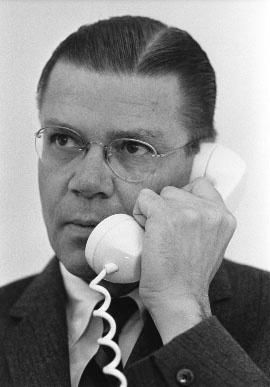
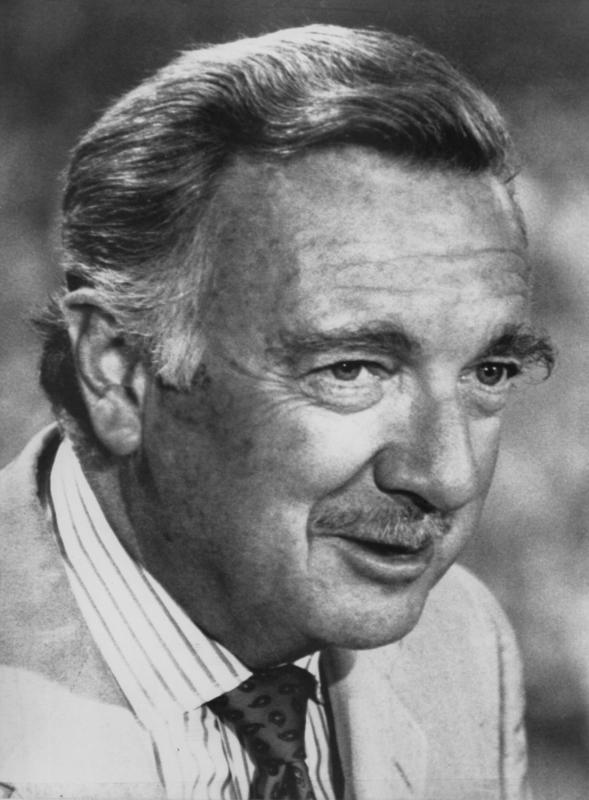
“What do I regret? Well, I regret that in our attempt to establish some standards, we didn’t make them stick. We couldn’t find a way to pass them on to another generation.” — Walter Cronkite, 1916-2009.
He Knew What He Wanted.
“‘I was so incredibly lucky,’ Malden once told The Times. ‘I knew I wasn’t a leading man. Take a look at this face.‘” Karl Malden, nee Mladen Sekulovich, 1912-2009. “I’m a workaholic. I love every movie I’ve been in, even the bad ones, every TV series, every play, because I love to work. It’s what keeps me going.”
The Angel, the Sidekick, and the King of Pop.

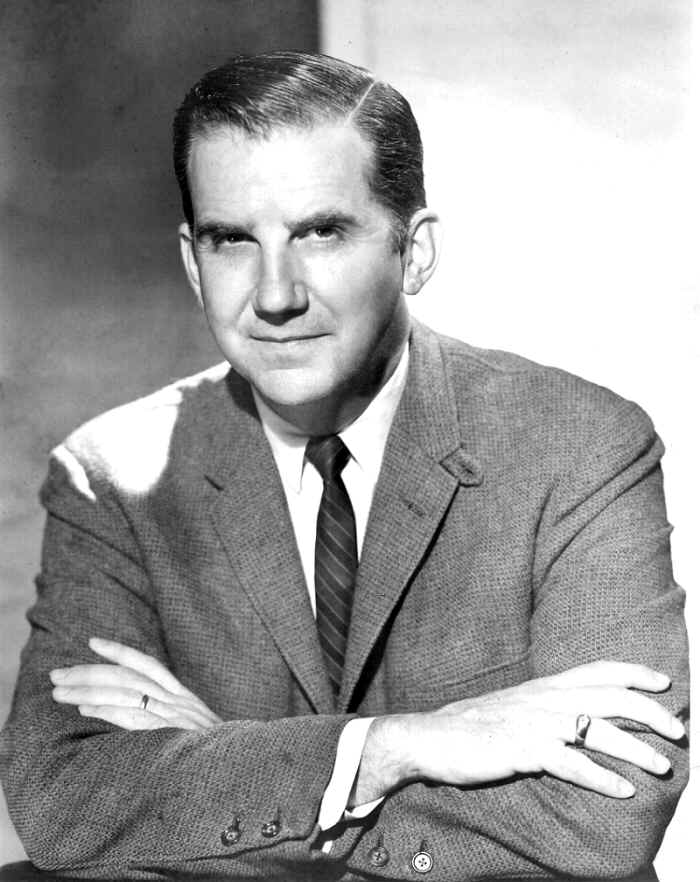
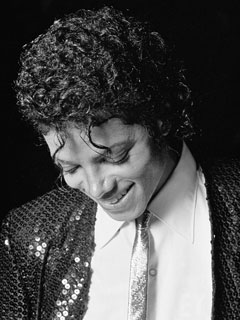
“Although this is an extremely difficult time for her family and friends, we take comfort in the beautiful times that we shared with Farrah over the years and the knowledge that her life brought joy to so many people around the world.” Farrah Fawcett, 1947-2009.
Also leaving us of late, Ed McMahon, 1923-2009. “‘Quit? Oh, I’ll never quit,’ he told Entertainment Weekly in 2005. ‘This is what I do. If I’m in a wheelchair, I can still do radio. I tell everyone that there is only one way that I’m going to go. I’ll be on TV, we’ll be going to a commercial break, and I’ll look dead into the camera and say, “They’ll be back. I won’t.” And that will be it.’“
Update: “‘Michael Jackson made culture accept a person of color,’ the Rev. Al Sharpton said. ‘To say an “icon” would only give these young people in Harlem a fraction of what he was. He was a historic figure that people will measure music and the industry by.‘” Michael Jackson, 1958-2009.
The Mayor of Seventh Street.
“‘You get so hard living here,” he said in a gravelly, mournful voice. ‘But pets open up that heart center. There is something about the unconditional love; they clean the blues off of you. ‘That’s their mission. That’s why a lot of New Yorkers have pets.’” The NYT reports in on the passing of Pretty Boy, stray cat and late prince of the East Village.
Consigned to the Waves.
“‘Having gone through that disaster she was given extra years and an extra dose of vitality,’ said Haas, who recalled escorting Dean to a Titanic society gala a few years ago.” Millvina Dean, last known survivor of the Titanic, 1912-2009. “Dean’s death fell on May 31, exactly 98 years after the Titanic was launched.“
Donald, Considered.
“I was able to sit at Lincoln’s side and see how he thought and how he acted, and how he felt about what was going on around him. I felt the pressures that were on him. You can see what people were writing to him, how they were nudging him.” Historian David Herbert Donald, 1920-2009. “‘It is the most balanced of the biographies out there,” Mr. Foner said in a telephone interview Monday. ‘It is not a work of hero worship, nor does it have a prosecutorial brief. He presents Lincoln as a rather passive figure, not at all in charge of the forces raging around him, which is quite accurate.’”
Mirror to America.
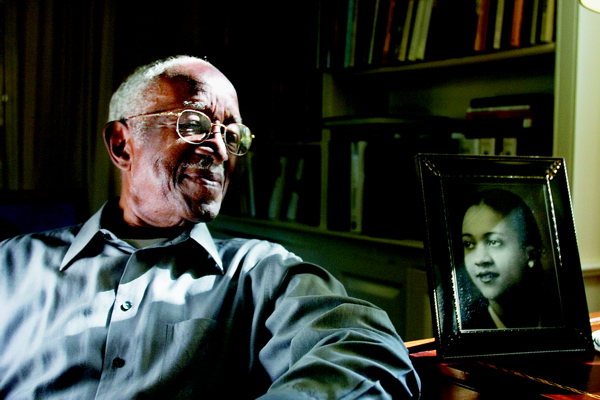
Along the Banks of the Eternal River.
“‘As much as I like his work, I liked him 10 times better,’ said Macomb-based author Tracy Knight. ‘He had this playful relationship with the universe. He was just a pleasure to be around.’” By way of Blivet and Genehack, Philip Jose Farmer, 1918-2009.
Brooks Was Here.
James Whitmore, 1921-2009. “Although not always politically active, in 2007, Whitmore generated some publicity with his endorsement of Barack Obama for U.S. President. In January 2008, Whitmore appeared in television commercials for the First Freedom First campaign, which advocates preserving ‘the separation of church and state’ and protecting religious liberty.“
